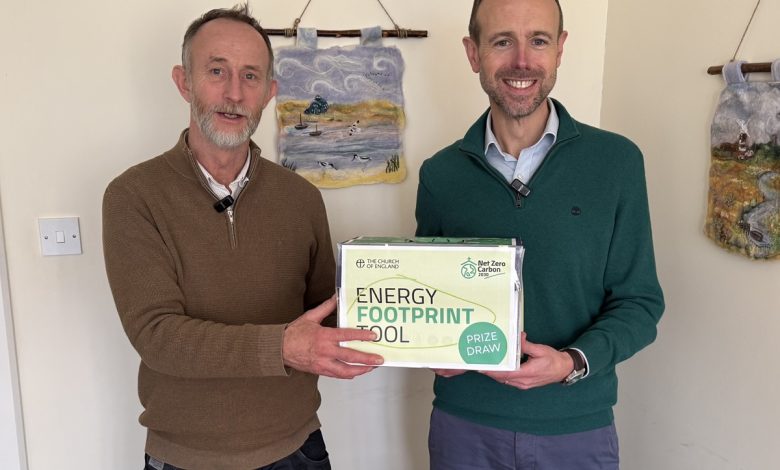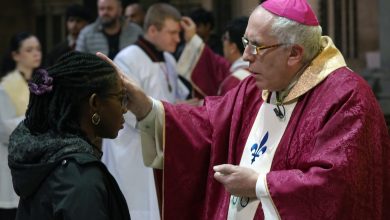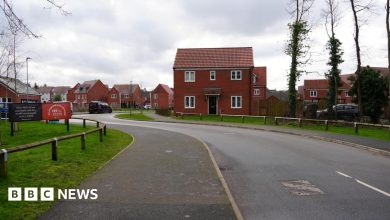Winning church announced for £1,000 Energy Footprint Tool prize

Diocese of Norwich Incentivizes Energy Footprint Tool Participation with £1,000 Prize
In a creative initiative to encourage churches across the Diocese of Norwich to engage with environmental stewardship, diocesan leaders established a compelling incentive: the chance to win £1,000 for completing the Energy Footprint Tool (EFT). This annual data submission system helps the Church of England track energy usage and efficiency across its parishes, providing crucial information for the denomination’s broader environmental goals. The £1,000 prize, generously provided by the Anne French Trust, represents more than just financial support—it symbolizes the diocese’s commitment to making sustainability efforts accessible and rewarding for congregations of all sizes.
The process of collecting energy data might seem mundane, but it plays a vital role in the Church of England’s ambitious journey toward net zero carbon emissions. By incentivizing participation with a substantial prize, the Diocese of Norwich transformed what could be viewed as administrative paperwork into an opportunity for churches. All 180 parishes that completed their EFT returns with 2024 data were automatically entered into the draw, creating a sense of anticipation and community around environmental responsibility. The data collected will help church leaders understand current energy consumption patterns, identify opportunities for improvement, and track progress toward sustainability goals that align with both stewardship of creation and practical financial management.
The selection process itself became a moment of celebration for the diocese, as Net Zero Carbon Adviser Ed Cotterill invited Diocesan Secretary Tim Sweeting to participate in the raffle drawing. This collaborative approach highlighted the institutional importance placed on environmental initiatives within church leadership. While the technical process of collecting energy usage data might not typically generate excitement, the diocese successfully created a narrative of participation and possibility around their environmental work, demonstrating how administrative processes can be transformed into community-building opportunities when approached creatively.
After the anticipatory drawing, Horsey: All Saints emerged as the fortunate winner of the £1,000 prize. For this parish, the unexpected financial blessing will likely provide welcome resources that can be directed toward their ministry and possibly toward further environmental improvements. The church will receive their award during a special presentation scheduled for the following month, creating another opportunity to highlight the importance of environmental stewardship within the diocese’s life and ministry. This celebration serves not only to congratulate Horsey: All Saints but also to inspire continued participation from other parishes in future environmental initiatives.
The impact of this initiative extends beyond just the winning church, as it has successfully engaged 180 parishes in environmental data collection—a significant achievement representing widespread participation across the diocese. By turning data submission into a potentially rewarding activity, church leaders have found a way to align practical administration with their theological commitments to creation care. The Energy Footprint Tool itself represents a practical response to environmental challenges, giving congregations concrete ways to understand and reduce their carbon footprint while participating in the broader denominational commitment to reaching net zero carbon emissions in the coming years.
Looking ahead, the Diocese of Norwich has indicated that information about submitting church Energy Footprint Tool data for the next calendar year will soon be available through their website. This forward-looking approach suggests that environmental data collection is becoming integrated into the regular rhythms of parish administration rather than being treated as an exceptional effort. By establishing this annual practice with the potential for rewards, the diocese is working to normalize environmental consciousness within church operations. The successful implementation of this year’s incentive program may well serve as a model for future initiatives, demonstrating how environmental responsibility can be encouraged through positive reinforcement rather than obligation alone.








